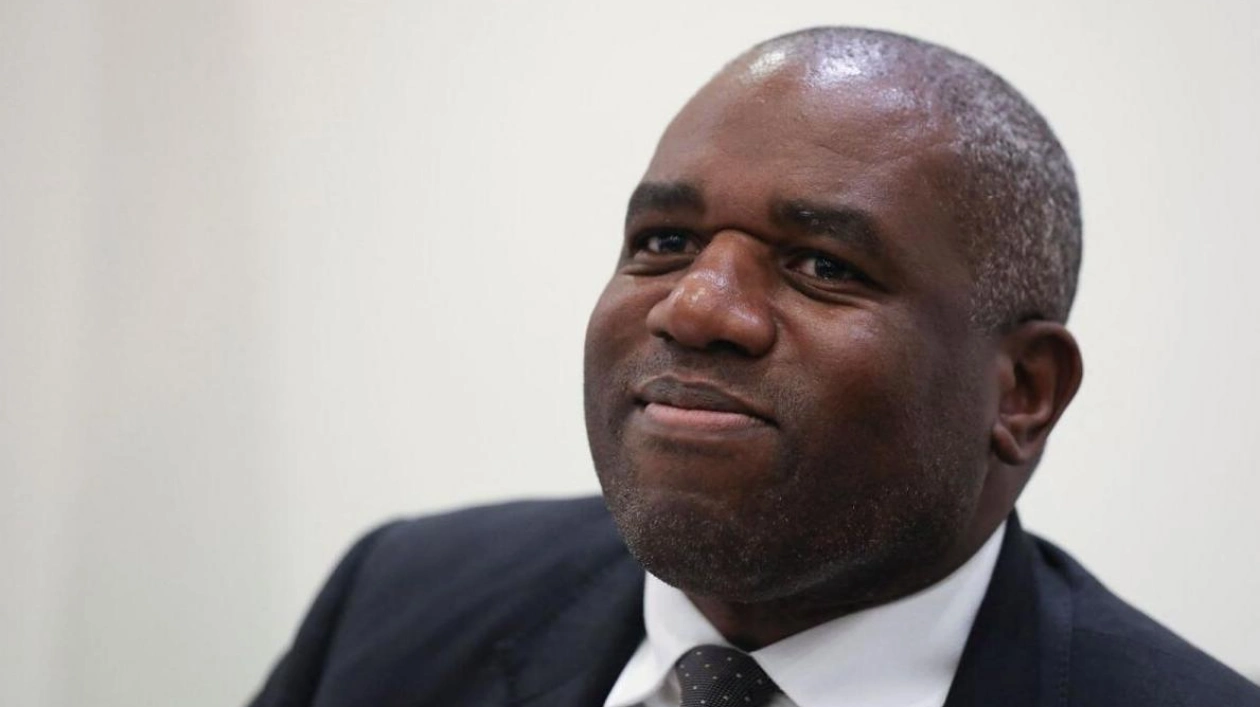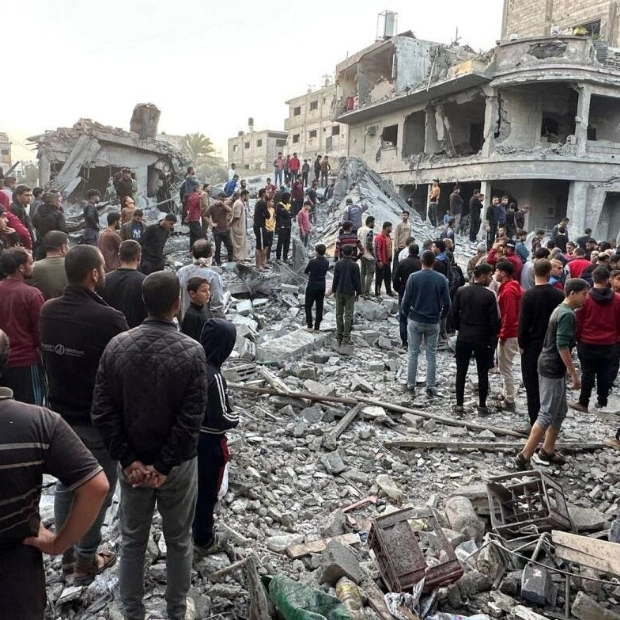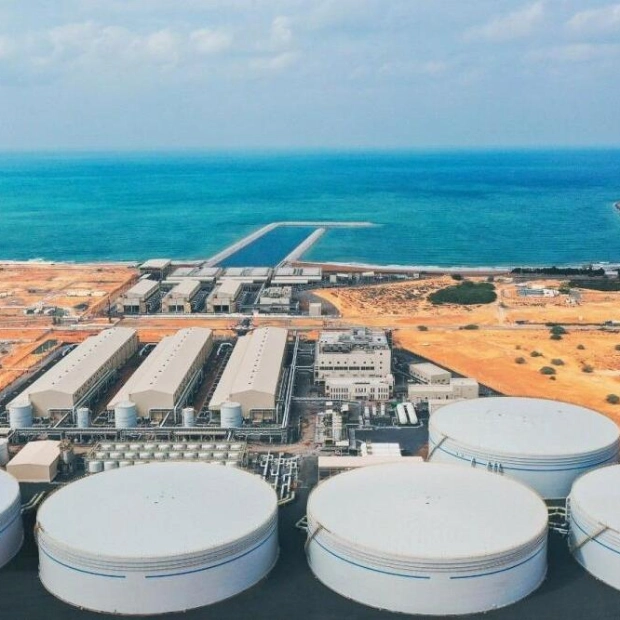Britain's Foreign Secretary David Lammy. Photo: Reuters
On Monday, Britain imposed sanctions on key Iranian military figures following the Islamic Republic's October 1 ballistic missile attack on Israel. Foreign Secretary David Lammy stated that Iran had disregarded numerous warnings about its 'hazardous actions' and those of its proxies, which are exacerbating conflict in the Middle East. Among those facing a travel ban and asset freeze are the commander-in-chief of the Iranian army, Abdolrahim Mousavi, and the head of the air force, Hamid Vahedi.
Iran claimed the missile attack was in retaliation for Israel's assassination of Hezbollah leader Hassan Nasrallah in Lebanon and the death of Hamas leader Ismail Haniyeh in a Tehran bombing widely attributed to Israel. This marked Iran's second direct assault on Israel, following a missile and drone attack in April in response to an air strike on the Iranian consulate in Damascus, which Iran also blamed on Israel.
Lammy, who was in Luxembourg for a meeting with EU foreign ministers, said in a statement that the sanctions were aimed at holding Iran accountable and exposing those responsible for the attacks. 'Alongside allies and partners, we will continue to take necessary measures to challenge Iran's unacceptable threats and press for de-escalation across the region,' he added.
The British sanctions also target the Islamic Revolutionary Guard Corps intelligence chief, Mohammad Kazemi. Two companies, including Iran's space agency, whose technology can be utilized in cruise and ballistic missiles, have been subjected to an asset freeze. Last week, the US government imposed restrictions on dozens of companies in Iran's oil and petrochemicals sectors, aiming to cut off funding for what it described as the country's 'destabilizing activities'.






